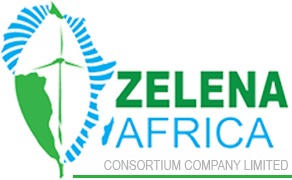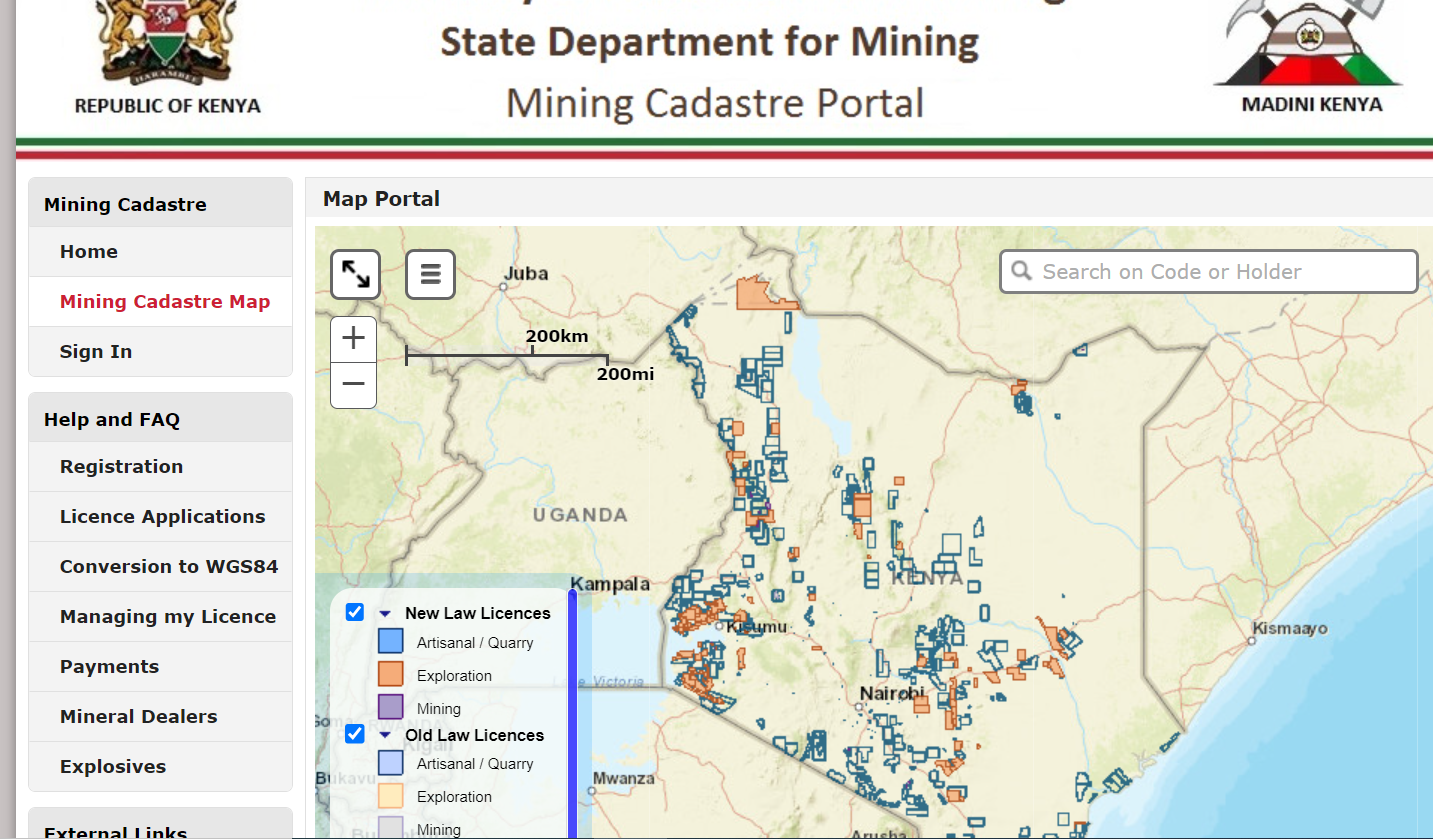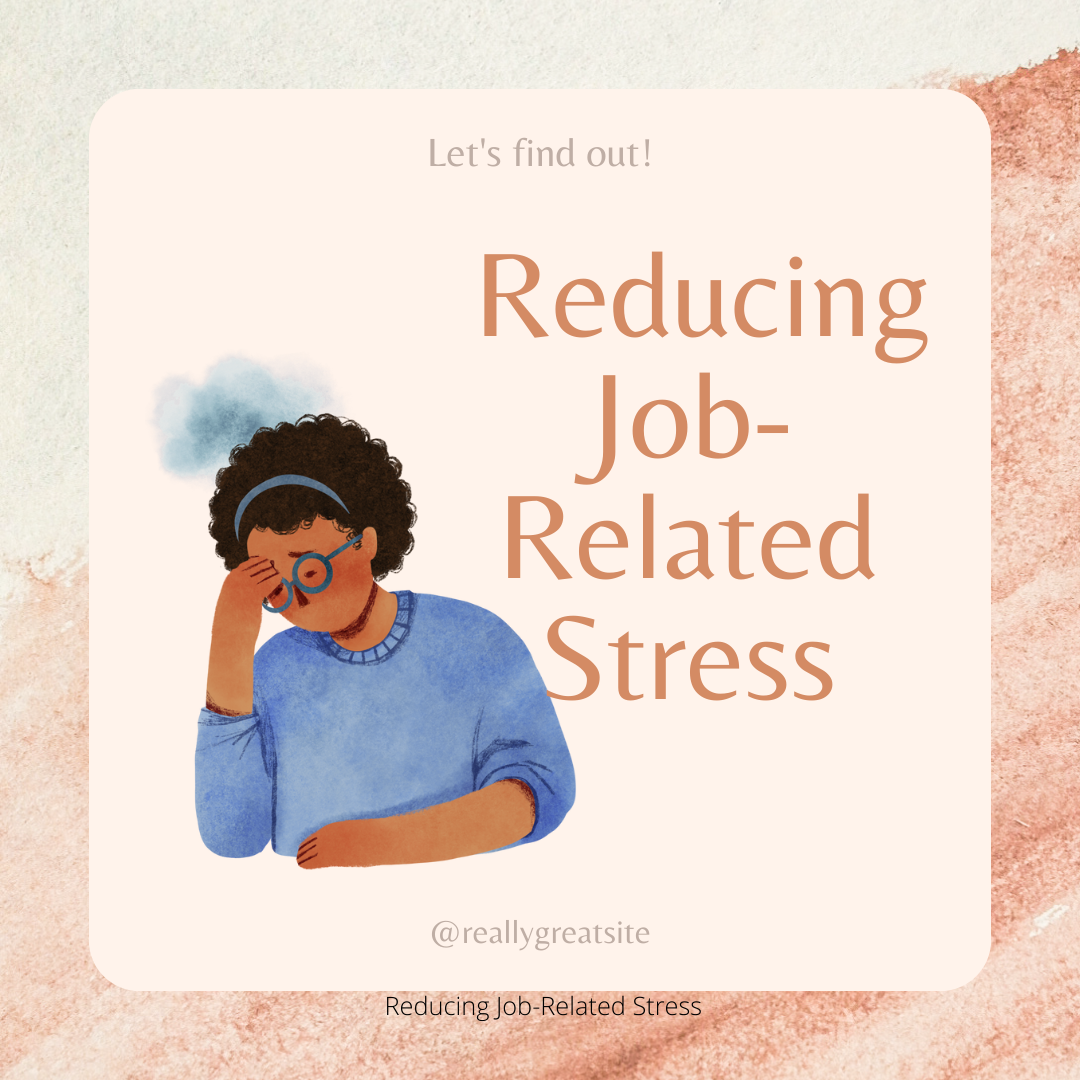
Environment License issued by NEMA Kenya
There are several environmental licenses that are issued in Kenya. This article will cover the Environment Impact Assessment (EIA). Other licenses include noise licenses for events, Waste Management licenses for garbage collectors, and effluent discharge licenses, among others.
What is meant by EIA?
EIA is a sustainable development tool used to identify impacts prior to decision-making. The types of impacts are environmental, social-economic, and social-cultural. Several terms are used to describe the process in different parts of the world.
What is EIA License?
Environment Impact Assessment License is issued by the National Environment Management Authority in Kenya (NEMA Kenya) after successfully carrying out a study on the impact of the project on the environment and submitting it to NEMA. It is not only a legal requirement but also a management tool.
Why do we do EIA?
The EIA process is also a risk management tool that provides sufficient information to the developer for informed decision-making. The regulators are able to determine potential impacts and mitigation measures. Possible alternatives are considered for better implementation. EIA also ensures the project Affected Persons and stakeholders are consulted. The process ensures the project is open and transparent. Communities are also informed about possible opportunities and benefits.
Environment Law
Every citizen has a right to a healthy and clean environment as per Article 42 of the Kenyan constitution. The law governing EIA is Environment Management and Coordination Act (EMCA, 1999) through the EIA regulations as stipulated under the Gazette Notice No. 13th June 2003. There is also the EMCA Amendment Act of 2005 and revised regulations. There has been an amendment to the law with the revisions in 2015. The environmental impact assessment will also take into consideration other national laws depending on the nature of the project. It will also take into consideration the country’s international commitments.
Environment Best Practice
Some methods and techniques have generally been accepted for the management of the environment and considered superior to any other alternatives. They are considered standard ways of complying with legal and ethical requirements. Sometimes experts go beyond the law in making recommendations to a project to ensure the clients get the best.
Experts registered by Nema Kenya
For a company to carry out EIA they need to hire an environment Expert registered by the NEMA. They can carry out both EIA and Environmental audits. The experts are members of the Institute of Environment. There are three categories of membership
Associate Experts
This is a category of new professionals in the field. To apply one must have a bachelor’s degree. There is no particular degree preference but one must have training in EIA from a recognized institution, an associate expert works under the guidance of a lead expert. He/she can carry out assessments but has no right to submit them. It is, however, advisable to have the name of associate experts in the reports that they participate in as contributors.
Lead expert
The lead experts are individuals who are mandated to carry out, supervise and submit Environment Impact Assessment reports. Their qualifications are depended on their level of education and experience. PhD holders have more than 3 years of experience while master’s holders require more than 5 years. Bachelor degree holders usually have to have 8 years of experience. In addition to the experience, they have relevant EIA training from recognized institutions.
Firm of Experts
This is a registered company that has the capacity to carry out the Environment Impact Assessment. The firm should have at least two registered and practising experts in good standing and with practising licenses from NEMA Kenya. One of the experts should be a lead expert.
Role of the Client
A client in Environment Impact Assessment is referred to as a proponent. The client provides the expert with all available information about the project. In most cases a letter of introduction, or terms of reference. The client should pay the expert a good fee to enable them to carry out a quality assessment. In most cases, you will be required to pay a deposit since the assessment requires resources.
Role of EIA Expert
The role of an expert is to carry out the assessment as per available laws and guidelines. He will need to understand all the components of the project. Carry out screening to determine whether the EIA is required as per the second schedule, Carry out the baseline survey.
NEMA Kenya License fee
As of January 2017, NEMA is no longer charging fees to developers for the Environment Impact Assessment licenses. However, the report has to be carried out by a registered expert with a current practising certificate. Consultants are business people, and they need to be paid to enable them to carry out the assessment. Various experts charge various rates. It is, however, important to balance cost and quality.
How long does it take to get an EIA license from Nema Kenya
legally the authority has 45 days to review EIA and issue a license. However, the entire EIA process duration is determined by a number of factors. The nature of the project and how long the assessment team will take to compile a report, the complexity of the project, time taken by the other government departments to review. Additionally, it is determined by whether the project is submitted to headquarters or regional offices. The completeness of the report.
Users of NEMA services are now required to register on the portal. The user registration process is easy and straightforward. You can access it through the NEMA website or the e-citizen portal for user registration. You will need to input your username, personal details, and password.
Challenges in the EIA process
Developer challenges
In most cases encountered the EIA process comes as an afterthought to developers after everything else has been budgeted. This has happened even in major projects leading to insufficient data or useless EIA that rubber-stamp the process. The developers in some cases do not understand the value of the process and will only see it as just another government paper on the checklist. Subjectivity is also a major problem where experts are not free to give opinions to the person who still has to issue the final cheque.
Expert Challenges
The other challenge is choosing professionals with the wrong skills since registered EIA experts can have any degree. The projects vary in complexity and few experts will reject a project based on capacity. All the experts are registered on the NEMA expert registration portal. Sometimes the pay is too little that the expert cannot hire the experts required for the project. In some cases the funds are available and experts want to make maximum profits. Copying reports from other projects will deny both the host community and the developer the opportunity to know the real impacts of the project. “Copy-pasting” also denies NEMA Kenya, lead agencies and the decision committee an opportunity to review the project comprehensively and give the verdict appropriately.
Regulator Challenges
In most cases, systems do not run as they should and developers are forced to “hasten” the process. Follow-up by authorities has also some gaps for NEMA Kenya does not have enough resources to monitor every project and its impacts. Some very complex projects may require specialized skills that staff at the National Environment Management Authority may not have or the lead organization may not have enough time to review.
Civil Society Challenges
There are so many projects happening and the government is not able to follow up on most of them due to capacity and complexity. The investors are in most cases not willing to pay expert money worth the project hence the quality of this is an area civil society has to step up to ensure the environment is protected.
Advice to Investors
An EIA license is important before spending money on a project. The choice of an expert is also very will determine the quality of work done. The environmentalist should be part and parcel of the. project team to ensure that sustainability is incorporated into the project.
About NEMA
National Environment Management Authority is a regulator under the Ministry of Environment, Climate Change and Forestry. Other organisations under the ministry include the Department of Resource Surveys, Kenya Forest Service, Netfund among others.
Conclusion
Kenya has great environmental laws in place and projects growing by the day. NEMA Kenya can only go too far to implement and follow up. it is every citizen’s responsibility to ensure that the environment is clean and healthy. Ensure you follow up with an environment audit after your license. Developers should ensure their business is sustainable and their projects do not have adverse impacts on the environment. Zelena Africa has a team of registered consultants who are experts in various fields both as Lead experts and Associate experts. call us at +254777399018 for EIA support.





